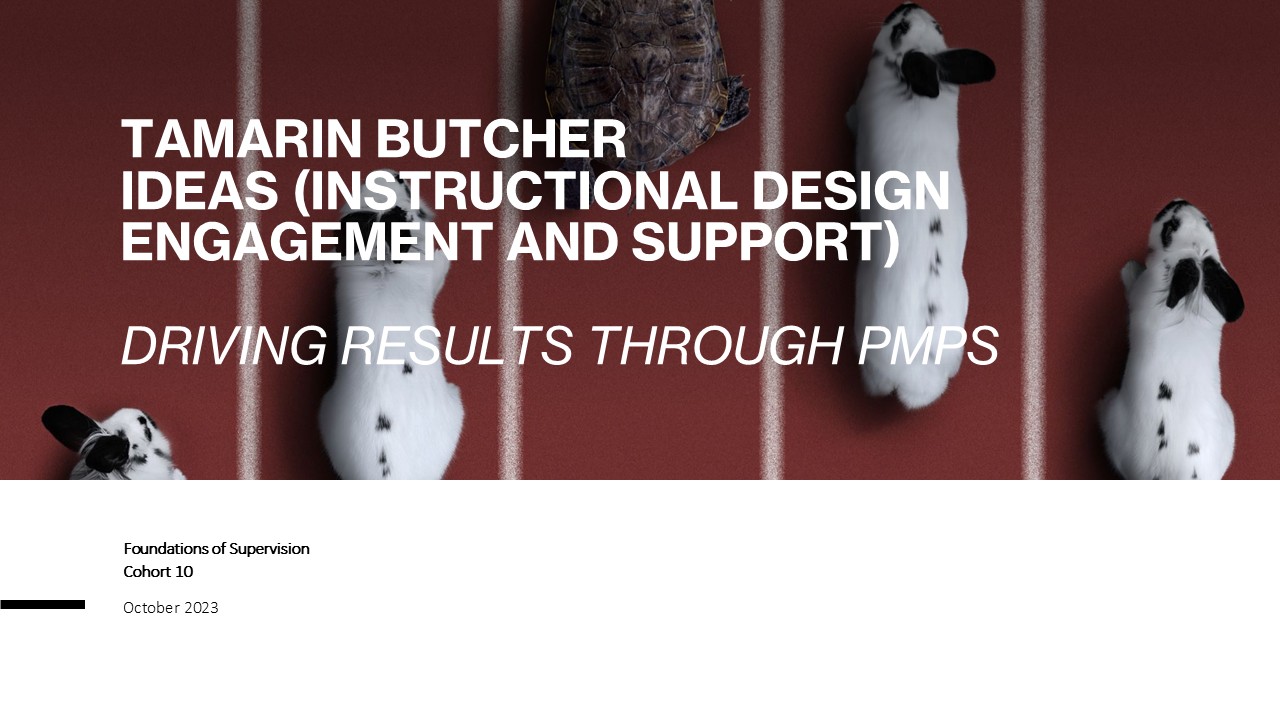Sometimes you have an idea that keeps knocking on your brain, even when you’re not quite sure what to do with it. Lately, for me, that idea is this: What if we had a structured quality assurance (QA) process for online and hybrid courses at UMass?
I don’t mean something bureaucratic or heavy-handed. I’m thinking of something supportive, intentional, and grounded in the same design values we already champion—accessibility, alignment, engagement, inclusion.
Honestly, the idea grew out of a pattern I keep seeing.
Faculty Are Already Doing Great Work—But Quietly
Every semester, I meet instructors who are doing amazing things with course design. They’re rethinking assessments, revising learning outcomes, embedding interactive media, redesigning for accessibility… but they’re doing it in silos.
What if we could create a shared framework—not to police quality, but to surface and support it?
A Voluntary, Supportive QA Review Process
The version of this that excites me most is an opt-in service: instructors apply to have their course reviewed using a structured QA checklist, aligned with principles like those in Quality Matters, the Community of Inquiry model, and Universal Design for Learning.
They’d get feedback in time to make meaningful updates before the next semester. No grades, no enforcement—just evidence-based recommendations designed to make a good course even better.
We could start with three departments, just to see what works.
The Bigger Vision: A QA Culture That Scales
If we wanted to go further (and maybe one day we should), I could imagine building a dedicated QA team. People trained in instructional design, accessibility, and inclusive pedagogy who partner with faculty across campus. Maybe even a recognition program tied to Teaching Excellence or IDEAS Fellowships.
Eventually, every online or hybrid course could be reviewed every few years—not as a hoop to jump through, but as a chance to reflect, iterate, and improve.
Why This, Why Now?
Because we’re no longer in an emergency remote teaching moment. We’re in a long-term digital transformation. And quality can’t just mean “the tech works” anymore. It has to mean:
- Are students really engaging?
- Are our materials inclusive?
- Are outcomes clear and measurable?
- Are we closing feedback loops?
We already care about these things. A QA framework would just give us the structure—and the space—to act on that care.
Still Thinking… But Interested
I haven’t proposed this officially (yet), but it’s been sitting in my drafts folder long enough that I needed to get it out of my head and onto the page. If you’re reading this and thinking, “Yes, we need this,” or “Here’s how that would work better,”—I’d love to hear it.
Because sometimes ideas start with just asking: What if?



